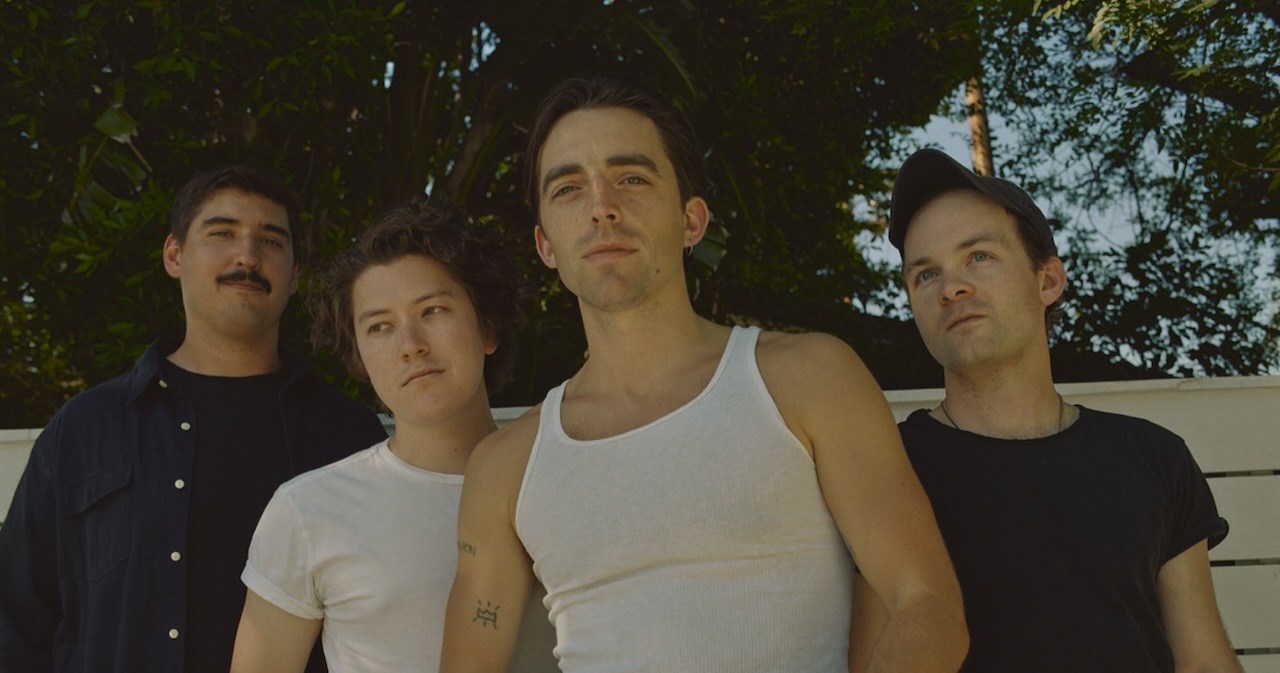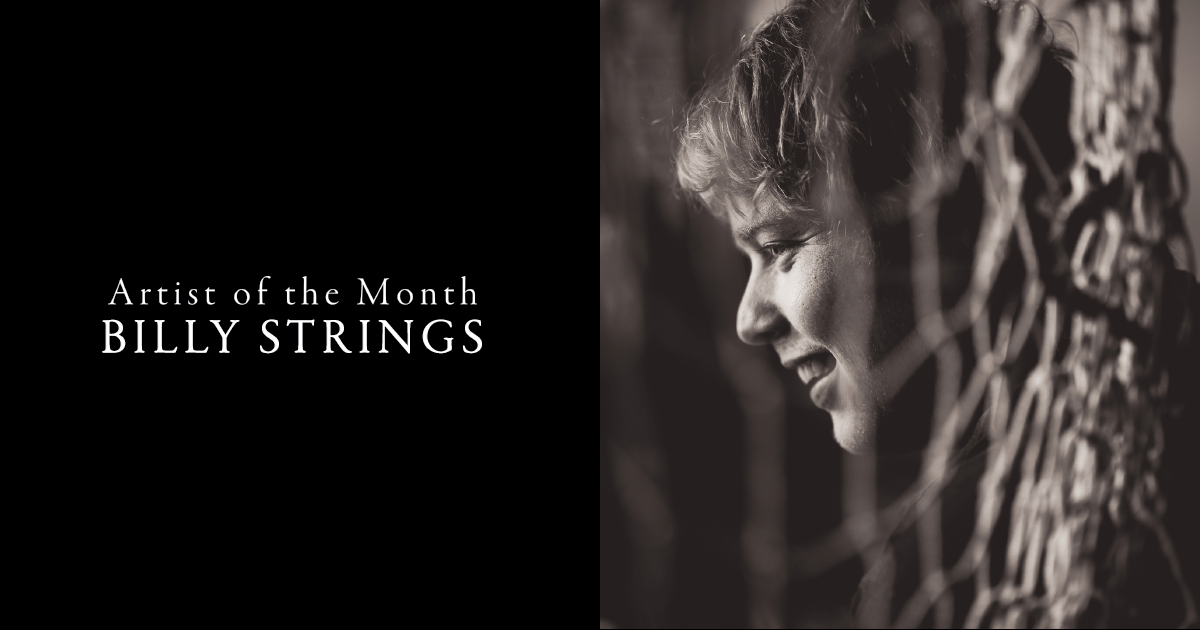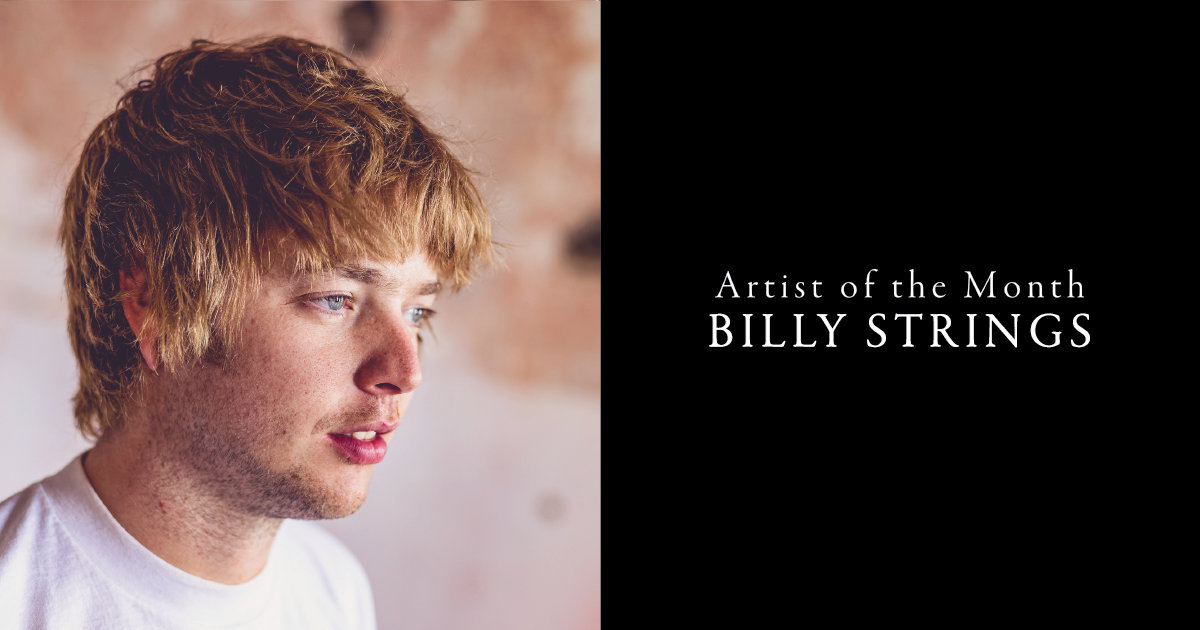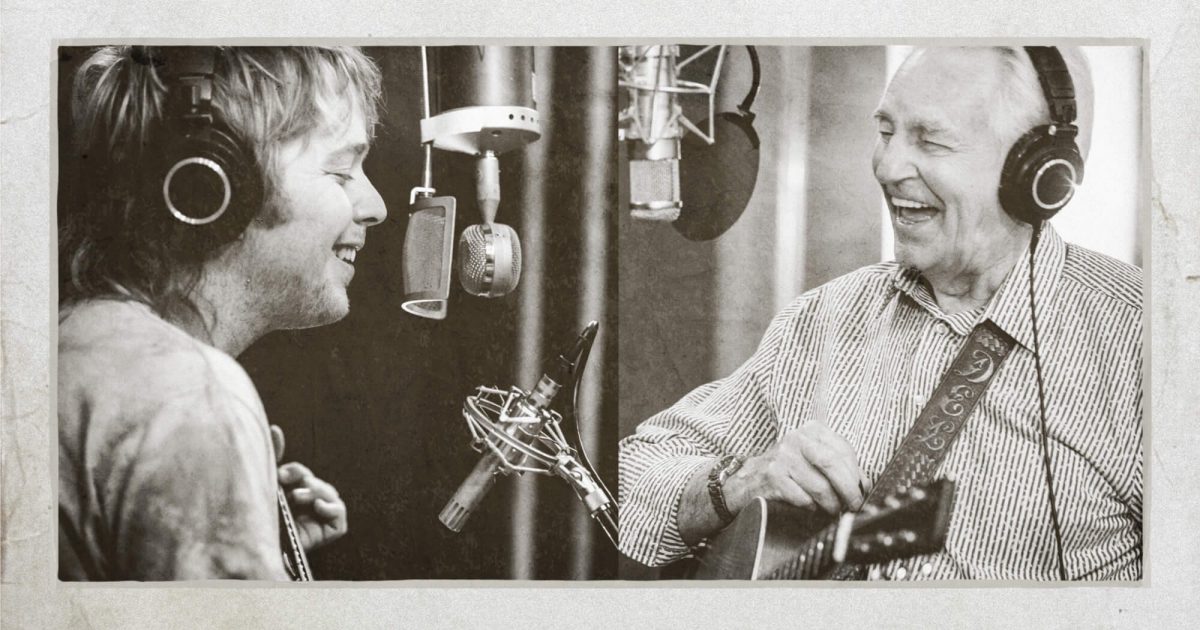Spring is a transformation. A reawakening. A rebirth.
Time marches on and no matter how cold the winter may be, the spring arrives and reminds us that we can start again. These songs represent that sound and spirit.
The past three years have felt like a long spring for our band. From writing and recording our album, Waving From A Sea, to now playing those songs every night on tour, we have found the warmth and growth within ourselves. – Michigan Rattlers
“You Must Believe In Spring” – Bill Evans
Bill Evans’ music sounds like the 30 minutes before sunrise or after sunset. It’s like wet soil for me as an artist – refreshing and fertile. – Graham Young
“Everything Is Peaceful Love” – Bon Iver
I’ve heard Justin Vernon talk about this record as finding what he loved again about making music, it’s a rebirth of sorts for him. Even the GOAT loses the muse sometimes; an inspiration for us all to keep trying. – GY
“Inconsolable” – Katie Gavin
I found a shaky fan video of this months before it ever went live and haven’t stopped listening since. To me, this song is about nurture versus nature and choosing to defy patterns and spring a new path for yourself. – GY
“Geranium Day” – Michigan Rattlers
This is a song from our new album, Waving From A Sea, that is about those moments that bring your life into focus. Times that make you feel the ground beneath your feet. It’s about making it through the transformation of spring into summer and soaking up every bit of the day that you can. – GY
“Joy Spring” – Clifford Brown, Max Roach Quintet
I love the melody in this song, it reminds me of spring. The standard’s title is the pet name Clifford Brown gave to his wife. You can’t go wrong putting Clifford and Max together. – Tony Audia
“Spangled” – Fust
Fust’s latest album, Big Ugly, has been in my heavy rotation this spring. The song “Spangled” features moments of frustration and doubt. I get the sense that many Americans are feeling the same way this spring. – TA
“Countdown” – Phoenix
The line in the song, “We’re sick for the big sun,” sums it up. You’ve gotta have a Phoenix song if you’re talking about the rebirth of spring. – TA
“The Birthday Party” – The 1975
This song feels like waking up to me. The muted instruments and the intimacy and fragility of the vocal all feel like thawing out after a long winter. Both outside and in. – Christian Wilder
“Tinseltown is in the Rain” – The Blue Nile
I fell in love with The Blue Nile about a year ago. I’m perpetually obsessed with how they make this song switch feels and sway using pretty much all synthesized and gridded out sounds. This song is for standing outside pub at 2 a.m., rain coming down, it’s April fools day. – CW
“Bright Future in Sales” – Fountains of Wayne
Every spring carries with it an inherent sense of optimism. This is gonna be the big year, this is the year it all happens, this is the year I get my shit together. Almost never pans out the way you think, but it’s fun to pretend. I got a “Bright Future in Sales,” baby. – CW
“Under a Stormy Sky” – Daniel Lanois
This song feels like spring up north. The weather is chaotic and awful, yet you notice the birds returning and there is reason to celebrate change. Also, those lines about feeling pulled toward the city resonate with me. Winter where we’re from is pretty isolating, and I associate this time of year with anticipation for summer festivals and baseball games and just being among people again. – Adam Reed
“Light of a Clear Blue Morning” – Dolly Parton
This is a springtime song if I’ve ever heard one. It’s practically perfect, I don’t think I need to explain it. – AR
“To-Do List” – The Felice Brothers
For me, spring always brings an aspirational feeling, more daylight, more possibilities. This song gets right at that manic but euphoric headspace that comes right after thinking, “What the hell was I doing all winter?” – AR
Photos courtesy of Michigan Rattlers.



